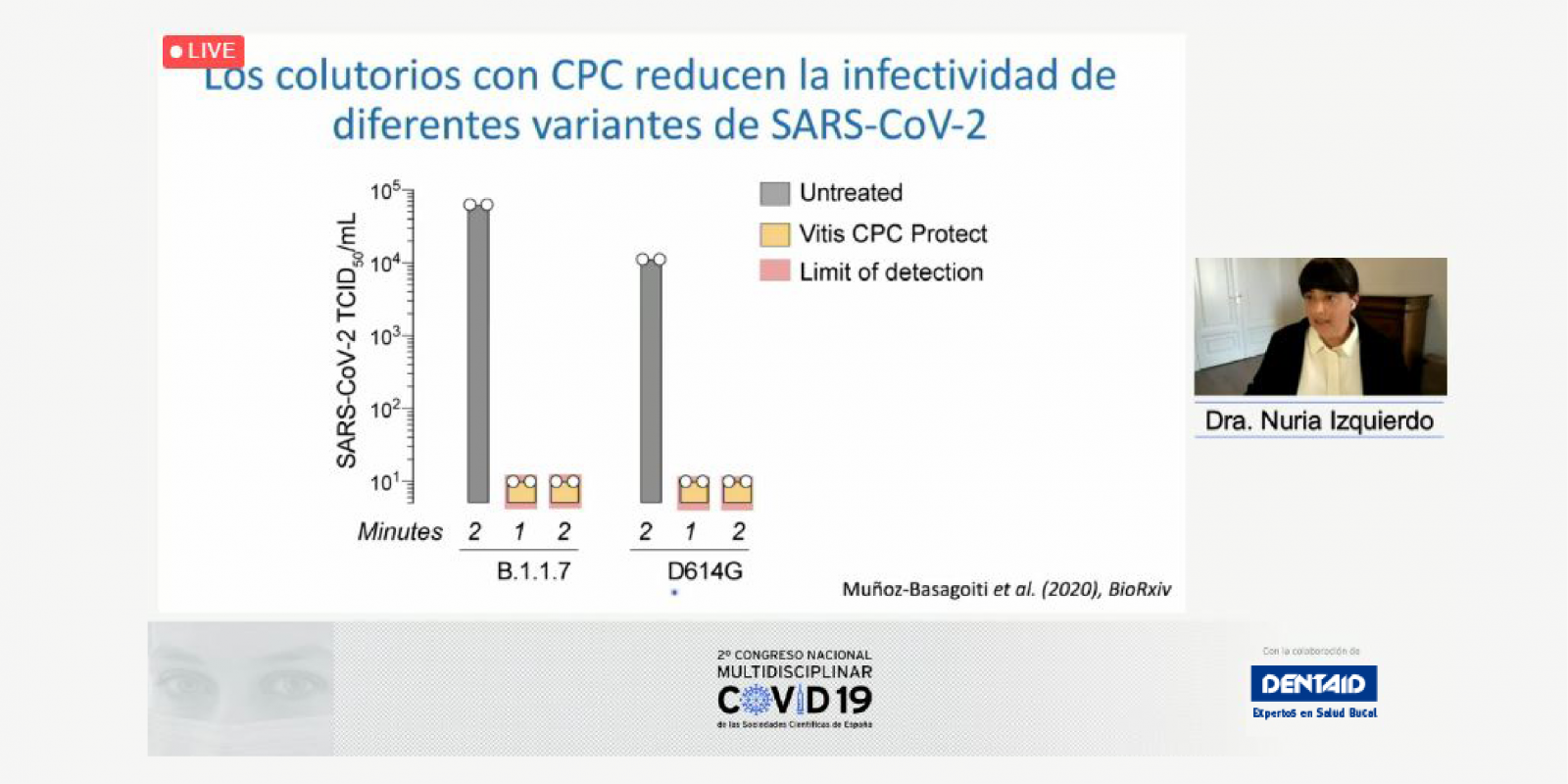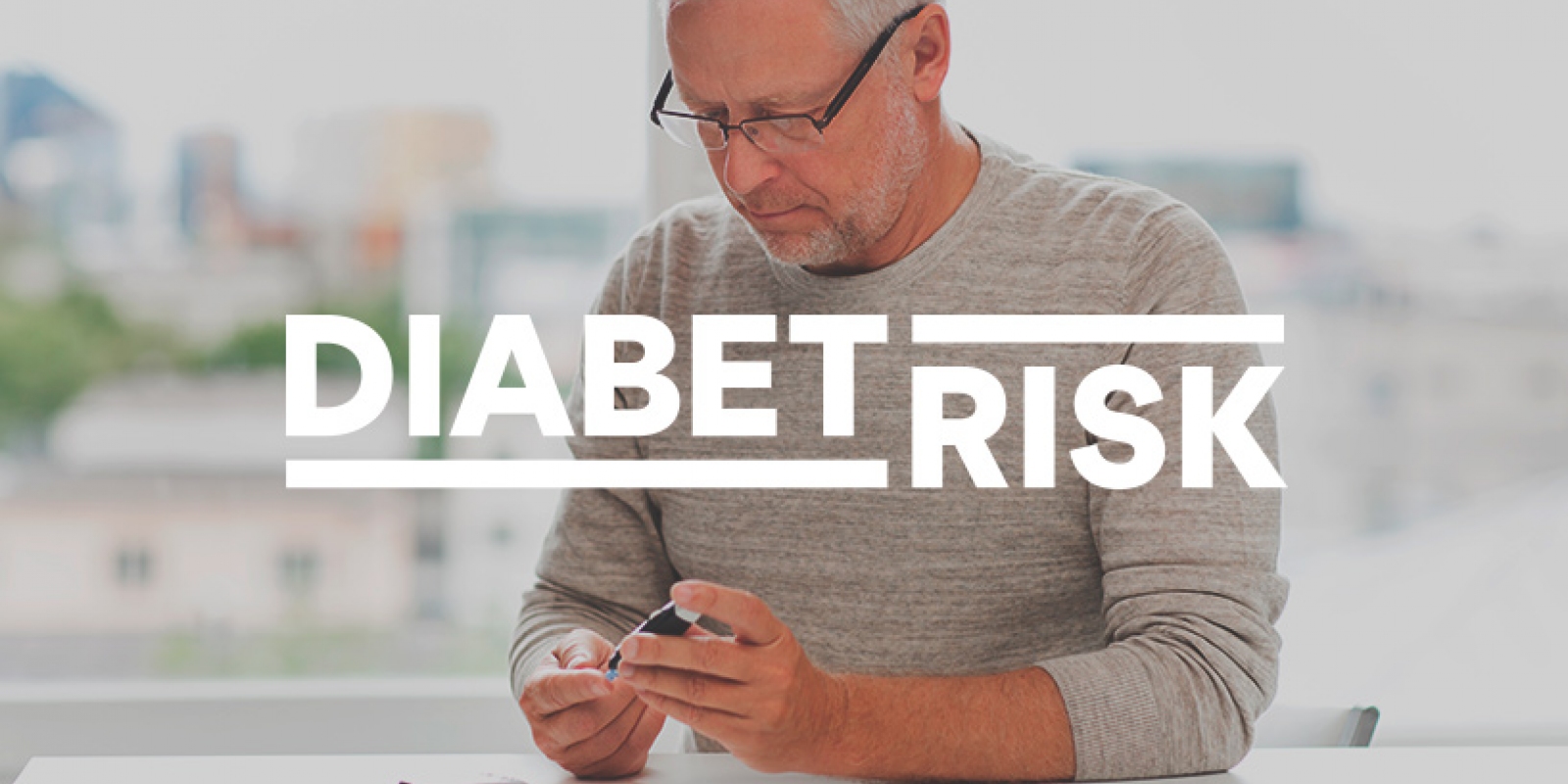DENTAID Oral Health
News for pharmacy professionals
Doctor, do implants last a lifetime?
11 Jan 2012
This is the most commonly asked question in dental or periodontal offices when a patient is going to get implants. And the answer is clearer than ever: yes, if they are properly maintained.
The bacteria, that we all have in our mouths, and that is responsible for gingival inflammation and bleeding, and ultimately periodontitis, can also affect implants to the same or to an even greater extent. When this happens, an inflammation occurs in the gums surrounding the implant and progressive loss of the bone that supports it is experienced, which may lead to treatment failure.
So, how do I take care of my implants?
It is essential that it be done in two places: in the dental office and at home.
1. In the dental office: The dental team, and hygienists in particular, through their role in promoting prevention and oral health, are in charge of stressing the importance of a proper hygiene technique that is able to remove oral biofilm. They will teach patients how to brush their teeth, both around implants and throughout their mouths, including natural teeth, since an association between gingival health in natural teeth and the health of implant areas has been proven. They will teach patients how to brush implants more efficiently and which instruments can help them achieve this, as well as how to control the condition of gums around implants and around the rest of their teeth. They will also carry out professional prophylaxes and x-rays of implants, if necessary. During this appointment, they will also examine the stability, functionality and aesthetics of implant-supported prostheses.
2. At home: Patients should practice what they learn in the dental office on a daily basis, adapting the different techniques to their particular needs.
Currently, several different methods and aids are available for proper maintenance of our implants:
• Manual or electric toothbrush: Physically removes oral biofilm.
• Dental floss: is used to complete hygiene in interproximal spaces, where a toothbrush cannot reach. When two implants are placed side-by-side, this is done in the same way it is when natural teeth are present. On the other hand, when bridges or full-arch prostheses are present (on teeth or implants), a threader or nylon floss with a semi-rigid tip is used to insert the floss between the prosthesis and gums and access interproximal spaces.
• Interdental or monotuft brushes: also designed for accessing spaces between teeth or implants, do the same as dental floss. Different brands, designs and colour codes exist. Each brush is a certain colour depending on its diameter, so that dentists/hygienists can more easily recommend the most appropriate brush to each patient based on their individual needs and on the spaces they have between their teeth or implants.
• Oral irrigators: are devices that use a high pressure, pulsating stream of water on the different surfaces of teeth. They efficiently clean away non-adherent bacteria and debris from the oral cavity.
• Antimicrobial agents in the form of mouthwashes: help control bacterial plaque in patients whether or not they have implants, since these can reach areas of difficult access. They should be used as a compliment to daily hygiene after mechanical cleaning.
In collaboration with: www.sepa.es
RELATED ARTICLES

07 Oct 2021
Warding off the smoke from the dental clinic
Kicking the smoking habit is the best thing a smoker can do for their present and future health, gaining in quantity and quality of life. The task is…

21 May 2021
Deciphering the role of oral health and hygiene during COVID-19
The mouth is one of the main paths of entry into the body for many microorganisms that can multiply and cause infections in both the mouth itself and…

12 Apr 2021
10 things you need to know about diabetes and periodontitis
It has been found in recent years that the link between periodontitis and diabetes is bidirectional. While diabetes increases the risk of periodontal…
Sign up for the DENTAID Oral Health newsletter
Sign up for the newsletter